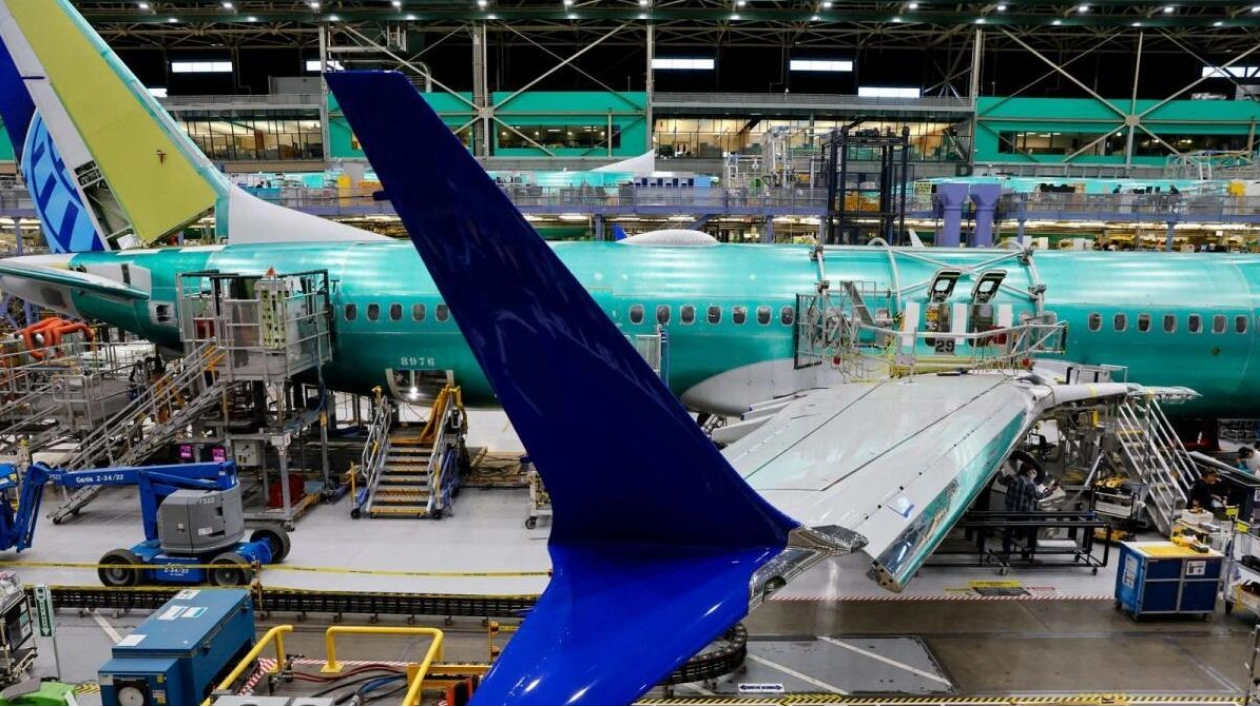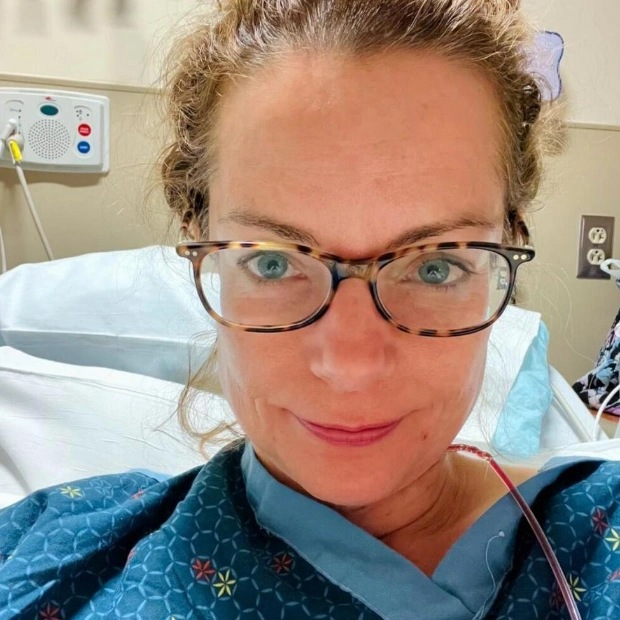At Boeing's facility near Seattle, the company has enhanced employee training, assigned mentors to new hires, and re-engaged retirees as advisors, all aimed at bolstering quality control for the 737 MAX, a popular yet troubled aircraft. This week, Boeing hosted journalists at their Renton, Washington plant to showcase these efforts and hear firsthand from staff. Elizabeth Lund, a senior vice president, confidently stated, 'Every plane departing from this plant is safe.' Following a critical incident involving an Alaska Airlines flight in January, the FAA has scrutinized Boeing, identifying issues in process control and parts management, leading to production restrictions. Lund outlined four strategic actions: investing in workforce development, streamlining plans and processes, eradicating defects, and elevating the safety and quality culture. She noted, 'We are getting stronger,' though full operational upgrades will take years. Boeing also sent Bill Riley, a seasoned quality inspector, to Spirit AeroSystems in Kansas to share expertise and foster mutual learning, resulting in noticeable improvements in fuselage quality. Since January, Boeing has significantly increased its presence at Spirit's Wichita facility, leading to a substantial decrease in defects and a 50% reduction in delayed tasks. The Renton factory, though appearing chaotic, now employs meticulous checks and barcode tracking to ensure quality. A nearby training center has seen an increase in training hours post-pandemic, preparing new recruits for roles in mechanics and quality inspection. Boeing's commitment to training extends to engineers and involves over 600 daily trainees, guided by 160 workplace coaches. The 737 MAX, composed of over two million parts, including 40,000 rivets and 36 miles of cable, undergoes rigorous quality checks, with strict protocols for any defective components.

Text: Lara Palmer
27.06.2024
Increased Training and Mentorship Aim to Rebuild Confidence in Troubled Airliner





